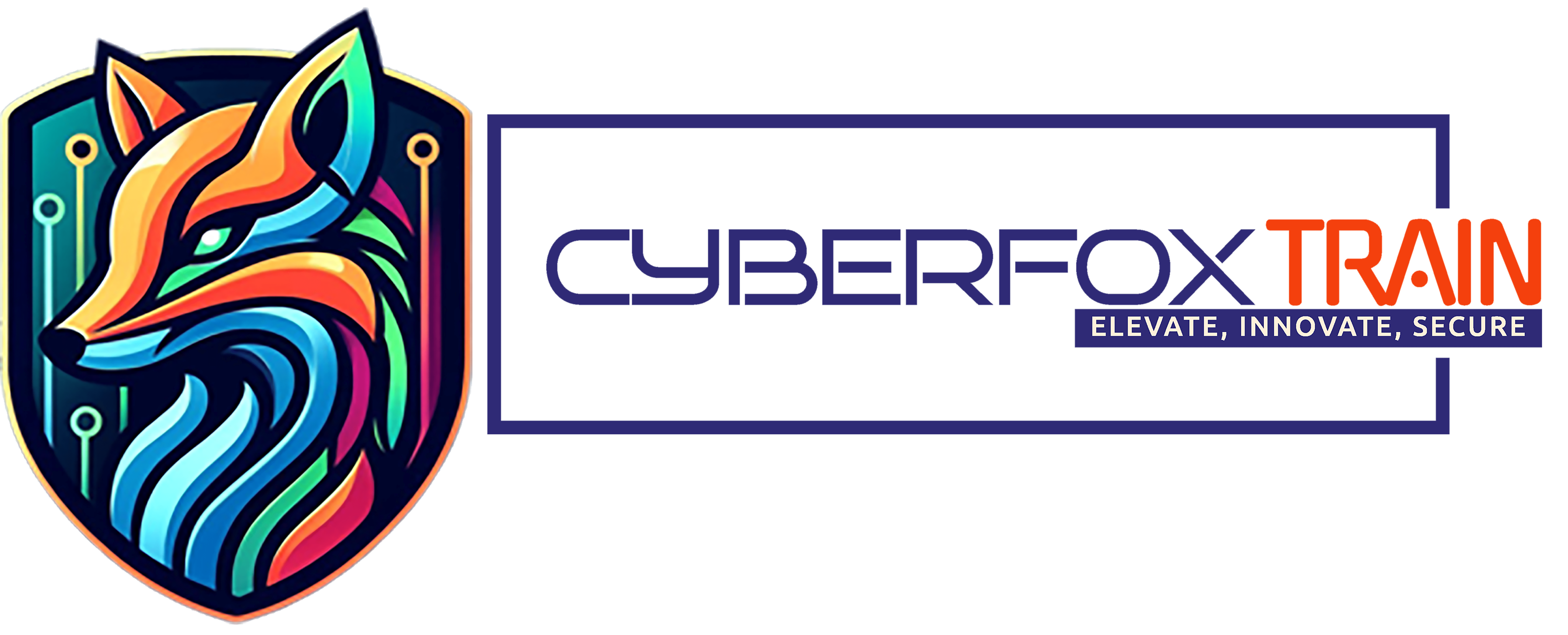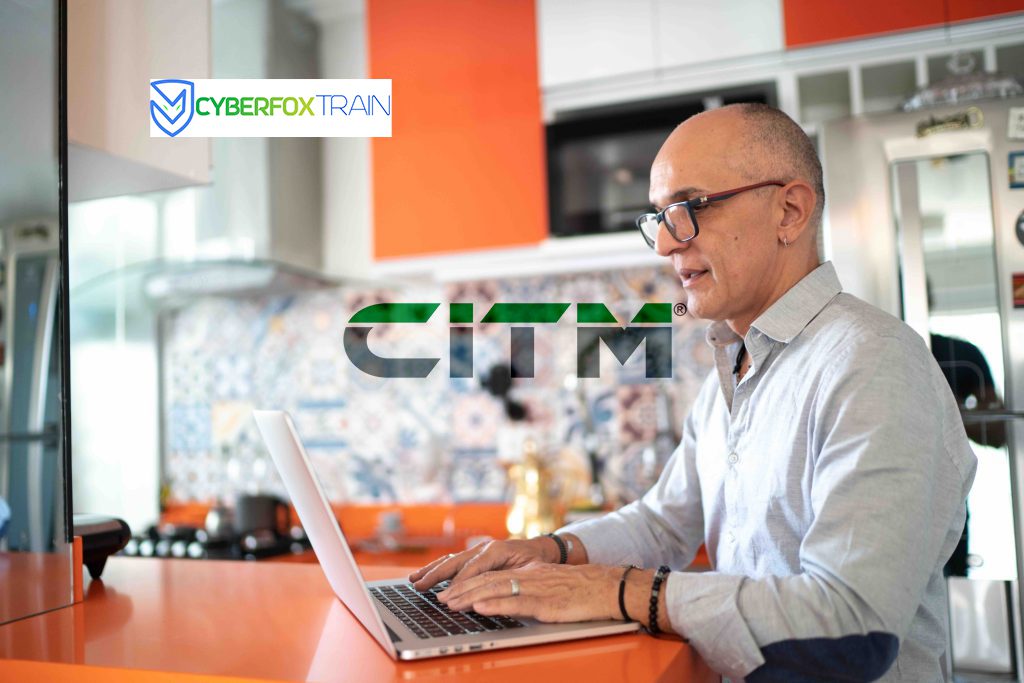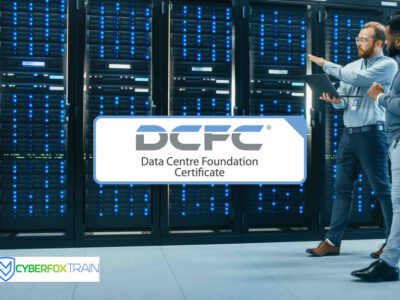CITM® is the second course in the EPI IT Training Framework. Also known as the IT specialist’s course, CITM® is a 3-day course designed to teach the competences required of the modern IT specialist working at the senior professional, team-leader, supervisor or management level in IT management. Candidates attending this course will prove that they have gained the competences required to provide leadership and take responsibility for team performances and development in dynamic environments.
CITM® is aligned with the latest European e-Competence (e-CF) Framework – addressing proficiency level 3 (Senior Professional/Manager/Consultant). In 2016, the e-CF became a European standard and was published officially as the European Norm EN 16234-1.
Learning outcome
After completion of the course the participant will be able to:
- Provide guidance and implementation for IT strategy as set by senior IT and business management
- Select and manage staff, implement training programs, career plan development and job rotation programs
- Select, evaluate and negotiate vendors using RFI, RFP and selection criteria
- Provide guidance for developing, testing and implementing business applications
- Manage and/or assist in IT project management
- Design and implement service management processes for problem and change management
- Understand the need for business continuity and design the business continuity plan
- Review and implement information security practices and controls
- Understand the need for business change, the role and activities of the Business Relationship Manager
- Initiate and assist in risk management practices
- Understand and select new technologies such as Blockchain, Big Data and Artificial Intelligence
- Select suitable technologies for information management
- Measure and improve quality of IT services
Course Syllabus
IT Strategy
- The need for IT
- Enterprise Architecture
- Service catalogue
- Service level management
- Sustainable development
IT Organization
- Personnel need
- Roles and responsibilities
- Sourcing
- Selection process
- Hiring staff
- Managing staff
- Career planning
- Training / job rotation
- Performance appraisal
- Staff departures
Vendor Selection and Management
- Vendor selection
- RFI
- RFP
- Proposal evaluation
- Vendor reference checks
- Contract negotiation
- Contract management
- Vendor management
- Recompete vendors
Project Management
- Methodologies
- Project organization
- Starting-up / initiating
- Planning / initiating a project
- Risk
- Quality
- Scope
- Work / Product Breakdown Structure
- Scheduling
- Cost
- Communication
Application Management
- Software Development Life Cycle (SDLC)
- Software Quality Assurance (SQA)
- Requirements
- Development
- Testing
- Adoption (implementation)
- Maintenance
Service Management
- Problem management
- Change management
Business Continuity Planning
- Resources
- Relocation of staff
- Information requirement
- Backup strategies
- Site selection
- Business Continuity Plan
- Test and exercise
- Test review, report and follow-up
- Monitoring and review
Risk Management
- Guidelines
- Context establishment
- Identification
- Analysis
- Evaluation
- Treatment
- Communication
- Monitoring and control
Information Security Management
- Standards
- Confidentiality
- Integrity
- Availability
- Controls types
- Guideline for controls selection
- Control categories
- Information security awareness
- Security incident response
Information and Knowledge Management
- Information management
- Data management
- Information management technologies
- Business intelligence
- Best practices and pitfalls in data governance
Business Change Management
- Frameworks
- Business Relationship Management (BRM)
- Objectives
- Life cycle activities
- Customer relationship
- Building the business
- Alignment
Technology Trends
- Research and Development
- Blockchain
- Big Data
- Artificial Intelligence
Quality Management
- Standards and guidelines
- Objectives and activities
- Services review
- Customer feedback
- Surveys
- Key Performance Indicators (KPIs)
- Metrics
- Scorecards and reports
- Quality register
What Our Customers Say




Course Features
- Lecture 0
- Quiz 0
- Duration 3 days
- Skill level Intermediate
- Language English
- Students 0
- Assessments Yes
Requirements
- The CITM© is most suited for seasoned IT professionals who have a need to understand the requirements and core competences for managing IT in mission-critical environments. It is best suited for participants who have between two and four years of actual working experience in IT, with knowledge of systems, network and/or applications, service desk operations and/or IT professionals working in the position of team leader/supervisor/manager in any area of IT. This includes those individuals working in the field of sales and consultancy with solution providers.
Target audiences
- Senior IT professionals, team leaders, supervisors and managers such as IT Manager, Enterprise Architect, ICT Consultant, ICT Operations Manager, Project Manager, Systems Analyst, Systems Architect, Business Analyst, ICT Security Manager, Business Information Manager, ICT Security Specialist, Service Manager, Digital Media Specialist, ICT Trainer, Quality Assurance Manager, Account Manager.


